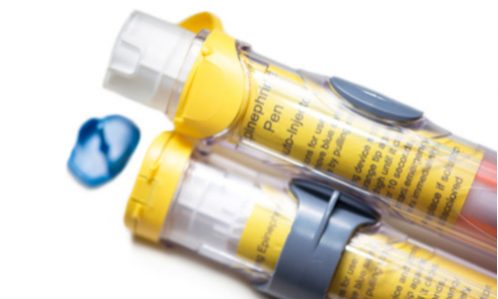Viatris, the drugmaker formerly known as Mylan, said on Monday it had agreed to pay $264 million to resolve a class action lawsuit alleging it engaged in a scheme to delay generic competition to its EpiPen allergy treatment, reported Reuters.
The proposed settlement would resolve litigation that began following public outrage in 2016 over Mylan’s decision to raise the list price for a pair of EpiPen to $600 from $100 in 2008, fueling a debate about rising US drug costs.
Related: Viatris Gets A Win In Long-Running EpiPen Antitrust Suit
The case, brought on behalf of consumers and third-party payers like insurers, had until recently been slated to go on trial this month, with plaintiffs seeking $1 billion in damages. The sum was seen as especially significant as the amount awarded can be multiplied under certain antitrust laws, with up to treble damages awarded for the worst damages.
The lawsuit accused Mylan and Pfizer, which manufactured the EpiPen, of engaging in wide-ranging anticompetitive conduct that allowed them to maintain a monopoly over the market for the devices. The product, which became synonymous with the life-saving emergency allergy treatment, has been mired in accusations of market manipulation and unfair competition for years.
But US District Judge Daniel Crabtree in Kansas City, Kansas, last year dismissed much of the case against Mylan, leaving only a claim concerning a 2012 patent litigation settlement with generic drugmaker Teva Pharmaceutical Industries.
Viatris said the settlement, which is pending court approval, does not contain any admission of liability.
The plaintiffs had alleged the defendants entered into an unlawful “pay-for-delay” settlement with Teva that resulted in the delayed release of a generic version of the EpiPen, allowing Mylan to raise its product’s price without fear of competition.
Want more news? Subscribe to CPI’s free daily newsletter for more headlines and updates on antitrust developments around the world.

